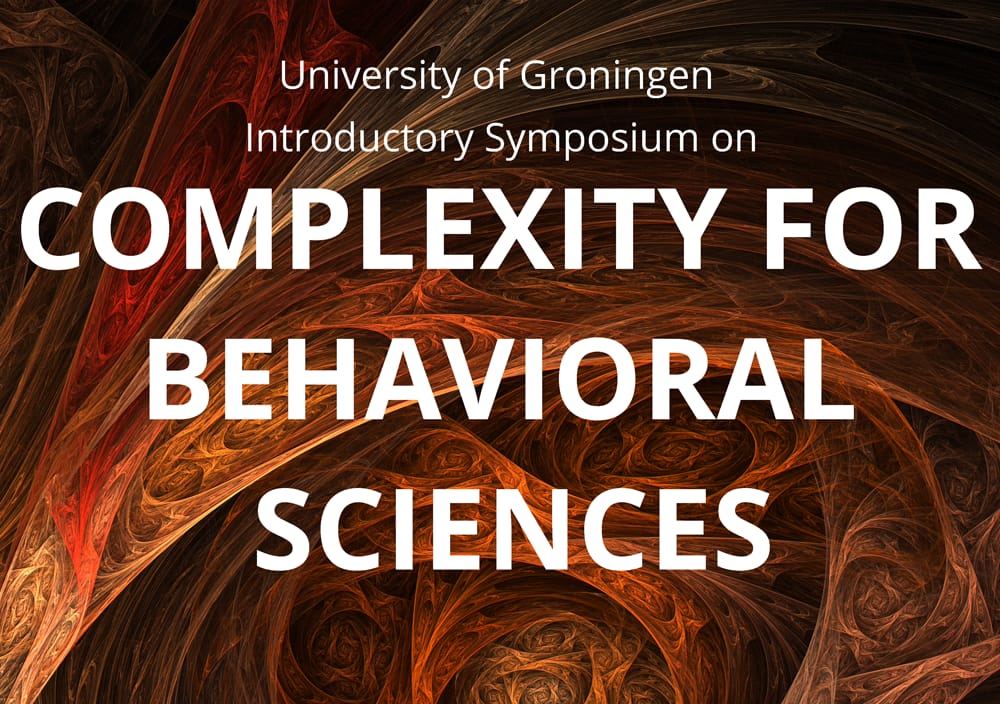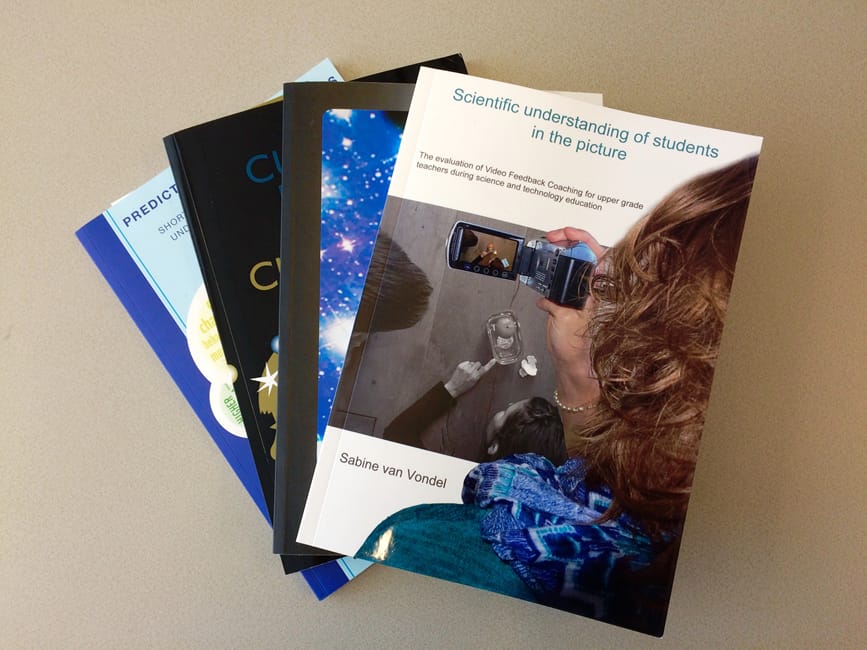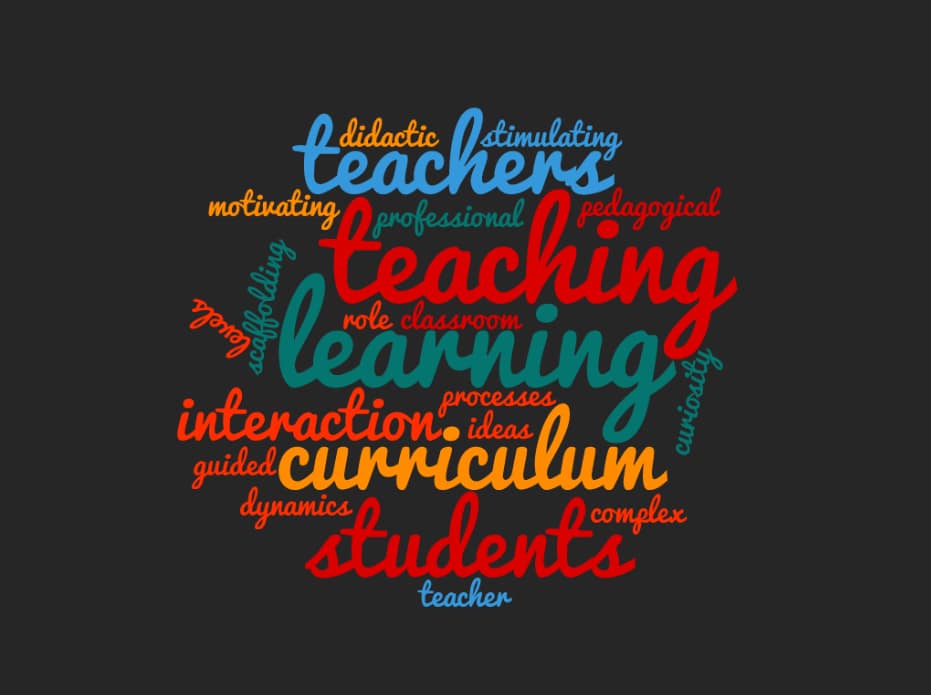Identity development is the complex, lifelong task of constructing a coherent, positive sense of self that feels authentic and genuine across contexts and settings. This post explores some of the challenges and processes relevant for the identity development journey.
This year Rijksuniversiteit Groningen offers for the first time symposium on Complex Dynamic System Theory in the Behavioral Sciences aimed especially at students, featuring speakers from the field of Psychology, Philosophy, Human Movement Sciences and Linguistics. Attend a day of presentations, workshops, and a networking reception. We look forward to welcoming you in Groningen.
Frustration is our emotional response to unexpected non-reward. Frustration has an energizing effect that can catalyze a broad range of outcomes, either good or bad. It is therefore important to learn to effectively deal with frustration.
This post was written together by Ralf Cox, Lisa-Maria van Klaveren and Muriël van der Laan. This year marks the 100th anniversary of De Stijl, an artistic school that originated in the Netherlands. The painter and art theorist Piet Mondriaan (1872-1944) was one of De Stijls’s most iconic members. Mondriaan created a wide range of […]
Scientific understanding is considered increasingly important for both science performance itself and for future adults to be able to fully participate in society. An important question is how to put scientific understanding of students in the picture in such a way that students may eventually flourish in these fields.
The importance of whether students believe in their ability to become smarter (i.e., “mindsets”) in helping students to realize their learning potential is increasingly gaining mainstream attention. But what does it mean to have a certain kind of mindset, how does it develop, and how can it be changed? I discuss a new way of thinking about the nature of mindsets that emphasizes the contextualized nature of mindsets, and that changes the way that we can answer these questions.
Researchers have an extremely high level of expertise within their domain. However, relying on this domain-specific expertise alone might not always be enough to advance a given research areas. Instead, collaboration various different researchers from virtually any domain can improve our work immensely.
Researching and implementing educational interventions is a challenge. Combining his experience as a teacher educator and PhD candidate in developmental psychology, Frank Assies explains how he is able to go from practice to theory to practice in shaping a Curious Minds based intervention in Teacher College.
In June 2016, Peter de Jonge was appointed Professor of Developmental Psychology. In this blog post, he explains his view on researching the development of psychopathology.
The term deep learning has been coined to refer to the training process of effective, complex multilayer artificial neural networks, also called deep neural networks. Deep neural networks have been applied to solve various problems in a plethora of fields, as exemplified in this article.










